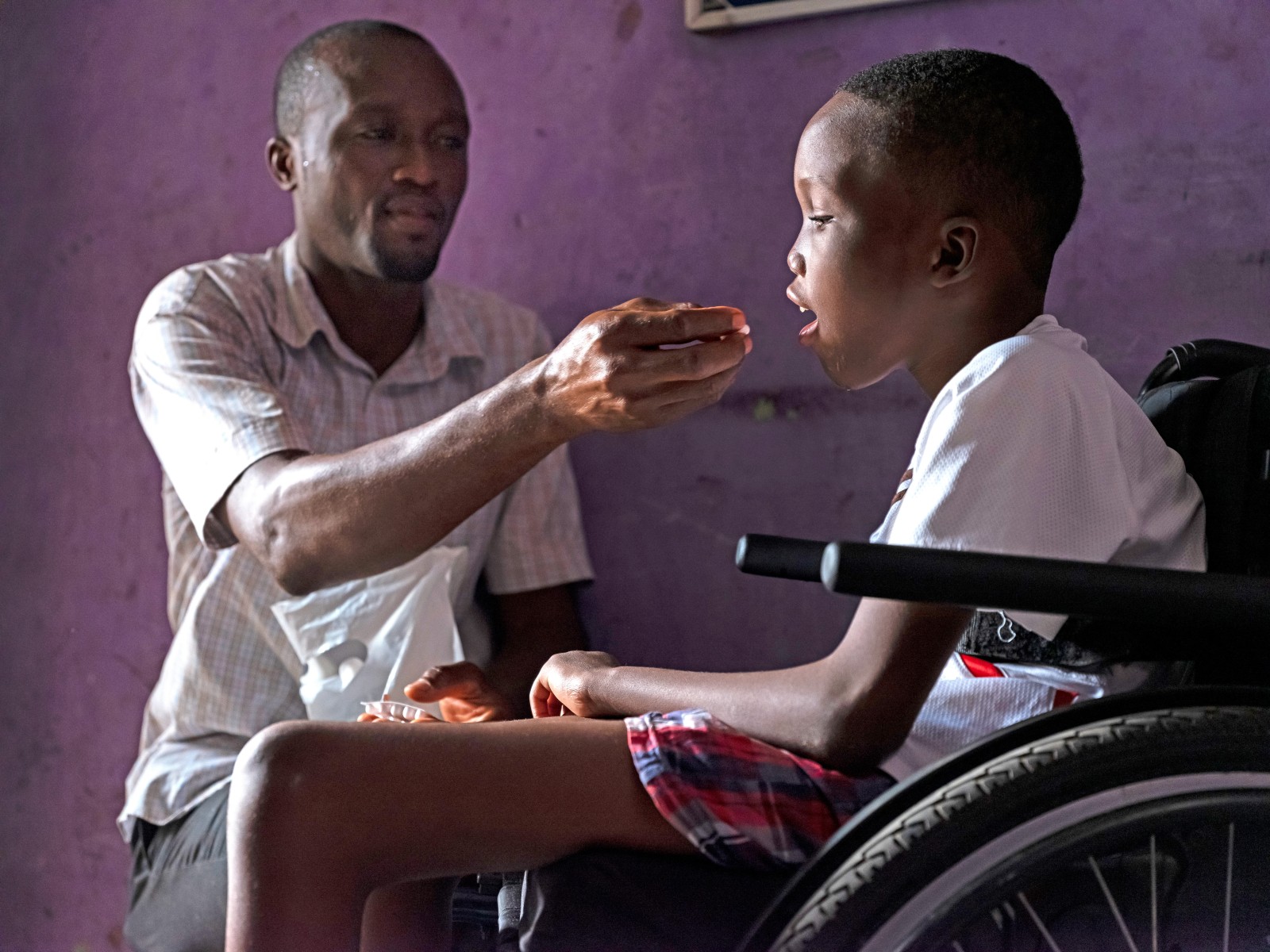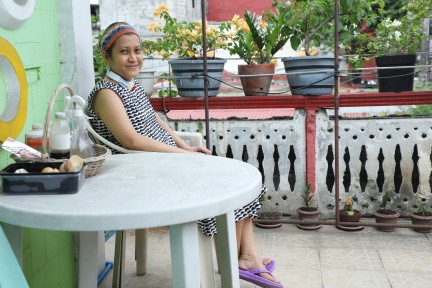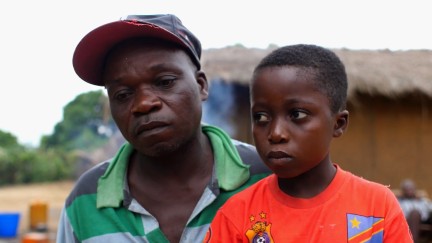Scaling up inclusive business models to expand access to medicines for non-communicable diseases
Date
15 November 2022

AstraZeneca, Novartis, Roche, Takeda
Sub-Saharan Africa
Non-communicable diseases (NCDs) including sickle cell disease, cancer, hypertension and diabetes
Scaling inclusive business models to increase access to medicines for low-income populations
To improve the affordability and availability of medicines that treat NCDs
Inclusive business models focus on individuals at the base of the income pyramid (BoP) and contribute to the future affordability and availability of care. These models build bridges between businesses and vulnerable populations for mutual benefit, which can go beyond immediate profits and higher incomes.
AstraZeneca, Novartis, Roche and Takeda demonstrate evidence of scaling up inclusive business models within their programmes to directly address the need for affordable NCD medicines among BoP populations. All feature partnerships with a wide range of stakeholders including governments, institutions, academic partners, and NGOs. Roche and Takeda also partner in the Blueprint for Innovative Healthcare Access.
AstraZeneca began its Healthy Heart Africa (HHA) initiative in 2014. Aiming to reach 10 million people with elevated blood pressure across Africa by 2025, it commits to tackling the increasing burden of cardiovascular disease with low-cost branded antihypertensive medicines, made available to BoP populations. HHA also provides mentorship, equipment and training to healthcare workers and since 2014 has conducted more than 27 million screenings, identifying circa 5.3 million people with elevated blood pressure. It has trained over 9,000 healthcare workers in hypertension and initiated the set-up of more than 950 treatment facilities.*
Novartis aims to extend the lives of people with Sickle Cell Disease (SCD) in sub-Saharan Africa, through its Africa SCD programme. It will work with governments to accelerate access to affordable hydroxyurea (HU) treatment and develop a paediatric formulation. Other aims are to strengthen the development pipeline and local clinical trial capability, deploy a digital health app for patients allowing for monitoring and evaluation, and leverage data and insights for intensified advocacy and policy work. So far, it has delivered more than 20,000 HU treatments.
Roche set up the Nigerian Cancer Health Fund in 2017, aiming to help the 84% of the Nigerian population living at the BoP afford treatment for breast, colorectal and prostate cancer. The model generates and shares data with the government on the disease burden through a consortium with other pharmaceutical companies, diagnostics companies and private insurance companies. The model mobilises government support, for instance through including the use of digital wallets for patients to pay for treatment. It also measures the number of patients treated, their survival rates, and their quality of life.
Takeda launched Blueprint for Innovative Healthcare Access in partnership with local and regional partners in 2019. Initially piloted in Kenya, the initiative has expanded to other LMICs including Rwanda, Tanzania, Uganda and Nigeria. In these five countries, partners work to enhance local standards of care, increase disease awareness and improve supply chains. The initiative also provides access to medicines and healthcare products. Takeda addresses affordability barriers by establishing a revolving pharmacy fund, providing financial support and guidance, enrolling patients onto local healthcare insurance provisions, and through patient assistance programmes. By the end of 2021, the initiative has already screened over 200,000 people for diabetes, hypertension and cancers and has referred over 12,000 for healthcare.
Establishing inclusive business models to bring benefits for underserved populations
Inclusive business models can be effective in bringing critical products and services to populations who are often overlooked in normal business operations. Where their products are needed to address high burdens of disease, more companies can develop scalable, financially sustainable inclusive business models to address the unmet needs those at the BoP. When companies expand these models, scale-up should be based on impact evaluations that include factors such as patient reach and health outcomes.
* At publication, these numbers were lower, based on data initially submitted by AstraZeneca. This was corrected on 29 November 2022 to include data up to the end of the period of analysis for the Index, 31 May 2022.

